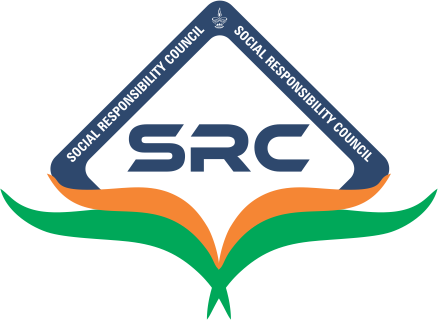Corporate Social Responsibility” (CSR) is concerned with treating the stakeholders, who exist both within and outside a company/firm or an institution, ethically or in a responsible manner. The wider aim of social responsibility is to create higher and higher standards of living, while preserving the profitability of the corporation or the integrity of the institution, for people both within and outside these entities. In other words, it involves bringing together good practices of companies and grant-making foundations so as to assist companies to pursue their CSR activities effectively. Key CSR issues include: environmental management; eco-efficiency; responsible sourcing; stakeholder engagement; labour standards and working conditions; employee and community relations; social equity; gender balance; human rights; good governance; and anti-corruption measures. This course begins by building a common understanding of the concept of CSR, based on global practices, Indian tradition, and the intent and provisions of the Companies Act, 2013. It then goes on to bring out the key aspects of clause 135 of the Companies Act, 2013 and the recently released draft rules and highlights its implications for companies. A major part of the course focuses on the ‘what’ and ‘how’ of strategizing, planning, executing and monitoring the CSR activities of companies.
Main benefits of a profound CSR course include the following:
Develop skills to understand society’s expectations of a socially responsible organization.
Discover ways that you can be the most effective citizen within your global economy.
Learn how to manage sustainability pressures relating to human rights, development, and global corruption.
Analyze how to manage and overcome resource scarcity within your organization.
Develop a concrete understanding of your fiduciary responsibility to your organization and its citizens.
Learn about government regulations and non-governmental certifications, and how to relate them to your organization.
Enhance your understanding of a commitment, and the value of commitments to your organization and community.
Grow your ability to create both financial and social value for your organization and community.
Develop knowledge of environmental sustainability, and create a sustainable value chain.
Analyze sustainability as a growth driver, and create sustainable systems for your organization.
In India, the Ministry of Environment and Forests & Climate Change (MoEF & CC) has firmed up Guidelines that will require every corporate seeking green clearance to set aside up to 2% of its capital investment for Corporate Environmental Responsibility (CER). The Guidelines make it mandatory for companies to set aside funds for CER over and above what is required for executing the environment management plan in a project affected area. While brownfield (expansion) projects would be required to earmark 0.125% to 1% of additional capital investment for CER purposes, the slab for greenfield projects ranges from 0.25% to 2% of the capital investment. The exact quantum will be decided for every project by the Expert Appraisal Committee when it comes up for green clearance. Environment clearance given to a project may involve a situation where the concerned company is yet to make any net profit or is not covered under the Companies Act. CER activities will include measures like pollution control, wildlife and forest conservation, compensatory afforestation and rehabilitation and resettlement of displaced persons. Funds can be used for creating drinking water supply infrastructure, sanitation, health, education and skill development, among other.CER issues have been well recognized internationally and in Indian context the environmental responsibility of corporates has been addressed in the Companies Act, 2013 and in the National Voluntary Guidelines on Social, Environmental and Economic Responsibilities of Business, 2011. These provisions will help reduce the environmental challenges owing to corporate action. The administrative approach for clarification regarding the Term of References (TORs) of the enterprises to know the undertaking details of EIA is also a preventive tool to promote CER. Thus, CER in the course of evolution from CSR, is emerging as a constructive instrument to attain corporate strategy to achieve responsible business. It also embraces stakeholders’ cravings, improves environmental health and accomplishes business sustainability.
Course Curriculum
Course Reviews
No Reviews found for this course.









